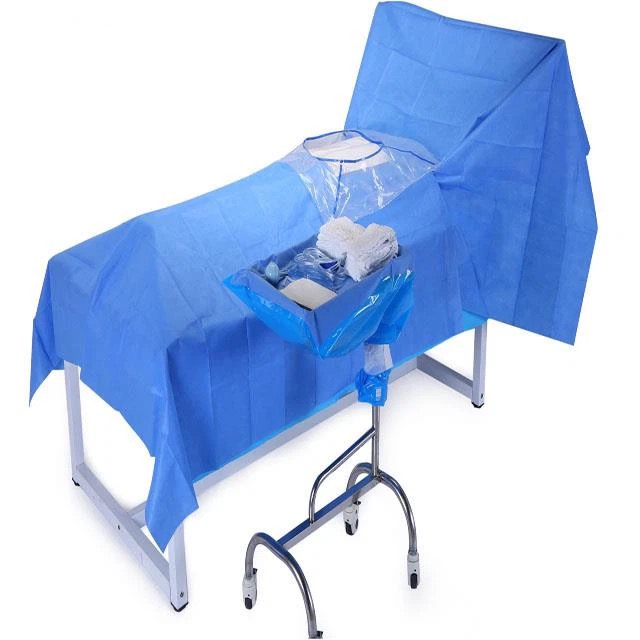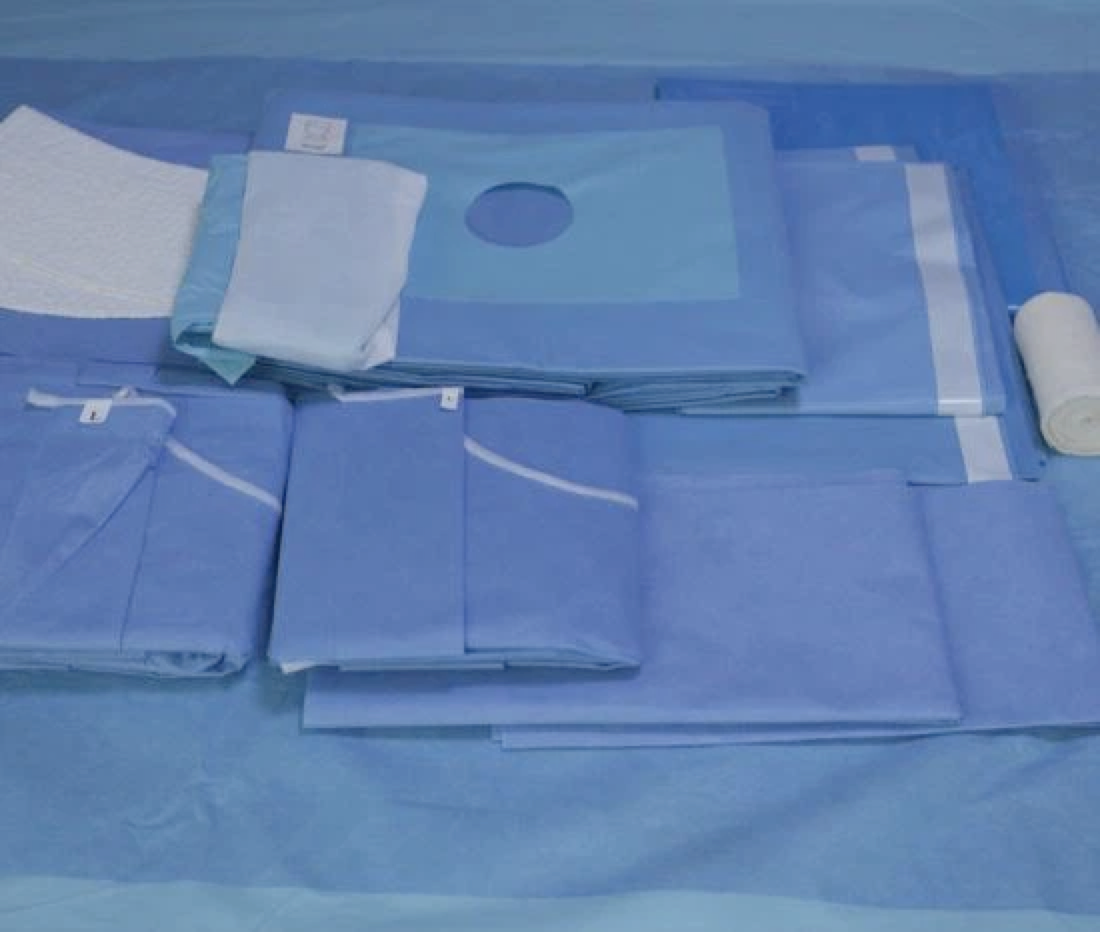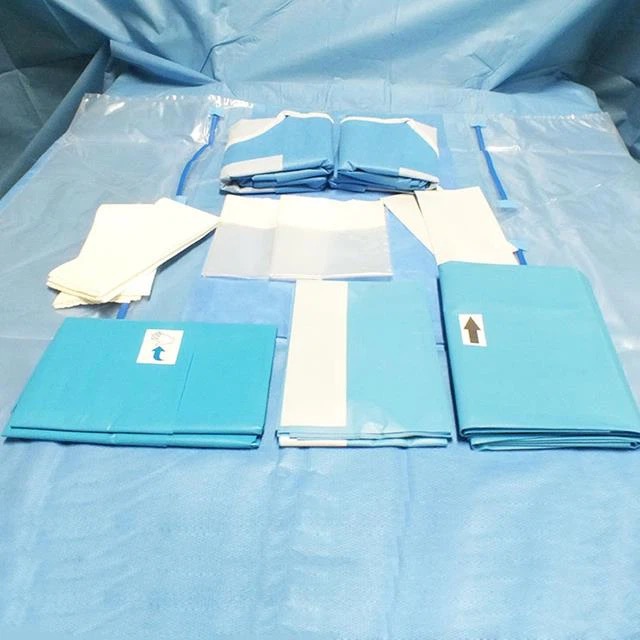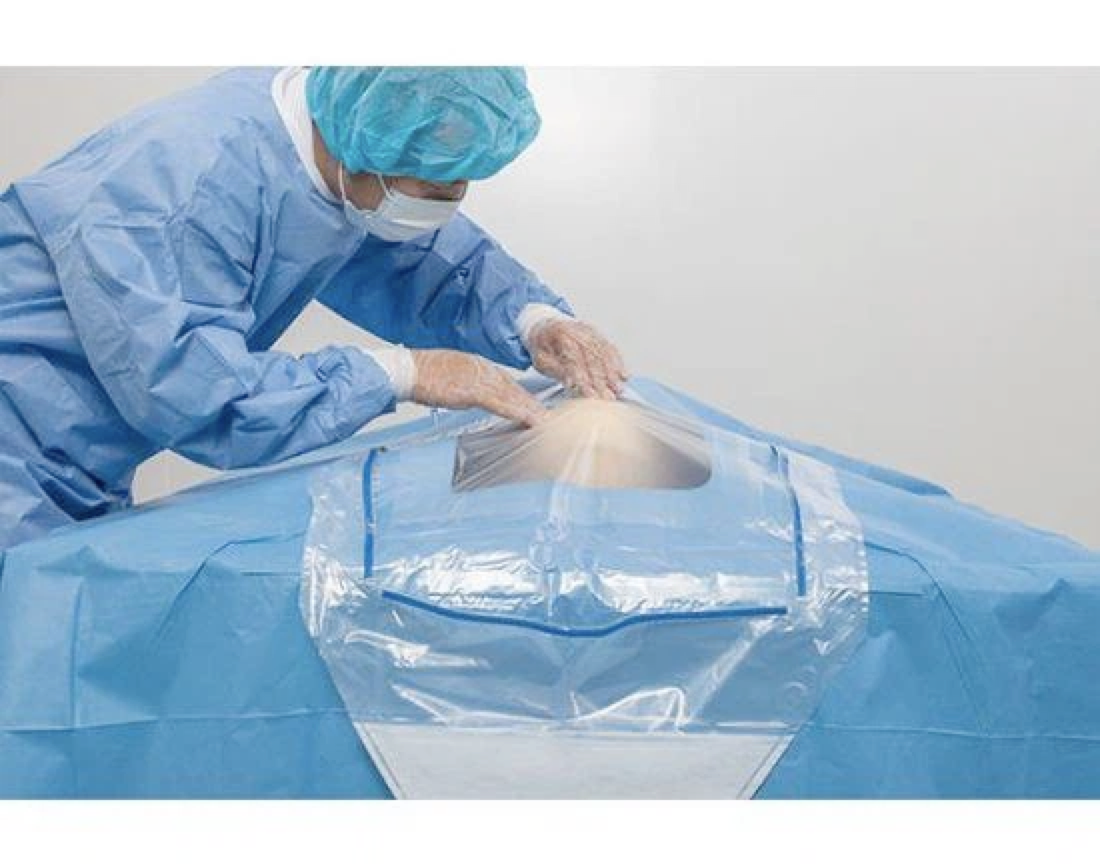As a doctor with professional strengths it is even more important to master the skills of how to communicate with your patients and families in order to get them to fight the disease with you. On the contrary, you can easily get yourself into confrontation with them.
So now, let's talk about the 5R principles of preoperative conversation:
1, Result: if not surgery, what will result?
Many people have not studied physiology, pathology, etc., do not know how and when the transformation of the disease will be, and even can not see the worst results, while the doctor is learned, and even seen all kinds of situations.
2, Recommendation: what kind of surgery program you recommend, what will help the patient?
When the family asks what to do next, it comes to this step. Surgical program as your product, marketing is not to explain what the product (the people do not necessarily understand), but to highlight what benefits the surgery can bring to the patient.
3, Risk: different treatment options have risks, the other party can afford which?
When the other party has objections, it means that the other party's focus is not on the benefits of surgery, but the risk.
Therefore, you need to adjust the focus of your communication to inform the other party of the risks involved, especially when the other party proposes other options, or ask you to provide other options, you also need to emphasize that different options have different risks, which is the greater or lesser risk, which is higher or lower, you need to give the other party a ranking. Amniotic fluid embolism, for example, has a low incidence but a high mortality rate.
4, Rights: the other side has the right to decide whether to operate!
Some doctors are more anxious than patients and families, as if the sky will fall if they don't operate.
The doctor's duty is first of all, whether you have fulfilled the obligation to inform, and secondly, whether you tell the other party in addition to your recommended program and what other programs, and finally whether the other party is clear about the advantages and disadvantages of each program, so that the other party can make a choice.
5、Responsibility:What are the responsibilities of the other party?
The patient's recovery or whether they want to recover, not only physically, but also mentally.
When the patient into the operating room before the patient's mood may be nervous, afraid, worried and so on. This is when the patient needs the care and attention of someone close to him/her. These things can not be replaced by the doctor, need to be done by the family.





